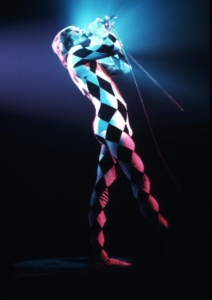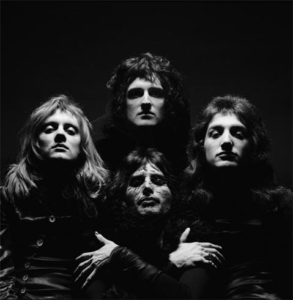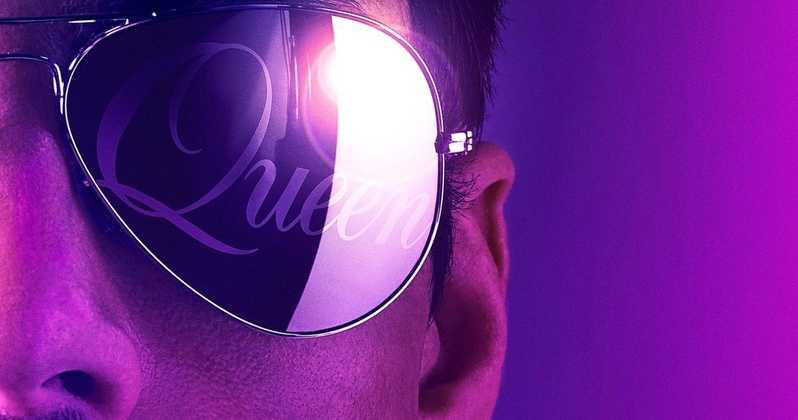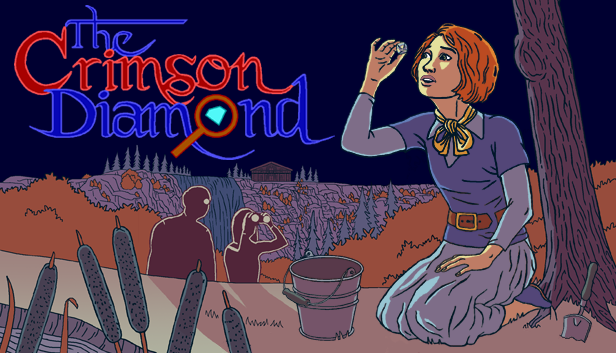“You made them laugh, you made them cry…you made us feel like we could fly…”
It’s almost ironic that the general fan consensus on 20th Century Fox’s Bohemian Rhapsody can be summed up in a single line from the band’s 1984 hit, “Radio Ga Ga”. But, for casual fans and Freddie Mercury die-hards alike, those words seems to ring true.
There is some hesitancy to say, “It isn’t a movie, it’s an experience”, because that phrase can often be overused, but in the case of Bohemian Rhapsody, it’s very true. To feel as though you’re at a Queen concert, to laugh and cry with the people on-screen, to feel completely enveloped in the story: all of those things define an experience, and a truly great one. This is a film that worked hard to emulate the true story of Queen, and in many ways, it reminds people of the real thing, and evokes many strong emotions.

For starters, and arguably most importantly, the band feels like a band. Rami Malek, Gwilym Lee, Joseph Mazzello, and Ben Hardy gave it their all, and this biopic version of Queen genuinely feels like a group of men who were friends, who had good times and struggles in equal measure, but could write some impressive music when it came down to it.
And the music feels as a natural a part of the film’s story as the dialogue between band members does. Remaining Queen members Brian May and Roger Taylor worked as executive music producers on the film, so it only makes sense that the universally recognizable hits fit into the narrative like perfectly-formed jigsaw pieces. Mamma Mia-style dance numbers are traded for snippets of concert performances, or glimpses into recording studios as the songs are written. Viewers get to watch as Brian May (Gwilym Lee) pitches what would become “We Will Rock You”, and as John Deacon (Joseph Mazzello) plucks out the bass line to “Another One Bites the Dust” during an argument. There is no separating the band’s music from reality and the emotions it evokes, both in real life and in the film. These beats are inexplicably intertwined in a way that makes them inescapable, eternal earworms for generations yet to come.
There is something so special about Queen’s music that makes it hard to pin down. Genre lines are practically non-existent, and the rock music rulebook seems to have been thrown out the window from the very start. What other band could have their songs featured in Ella Enchanted, Shaun of the Dead, and Iron Man 2? There’s a strange type of transcendence in their music, like there was nothing they weren’t willing to try at least once. Synthesizers and guitar riffs exist in the same measure, operatic vocals are mixed with heavy drum beats, and anything goes. Lyrics don’t have to make sense, or they make perfect sense, and it seems as though everybody has one Queen song that they can sing off by heart, even if they aren’t aware it’s Queen.
That same transcendence goes for Freddie Mercury himself. There was no one thing he couldn’t do. Dress in drag for the “I Want to Break Free” music video? Sure. Perform onstage in a rainbow cape with a broken mic stand as a prop? Of course. Nothing was out-of-bounds for him, and it put his stage presence and his songwriting on a level that not many other artists have reached since his passing.

Freddie Mercury is a man immortalized by greatness, by inspiring achievements and an unmatchable career. He has ascended beyond celebrity in the eyes of the public, a figure that inspires young people to create and keep creating, even in the eyes of hardship and suffering. His expression of self, even now that he’s gone, pushes people to be the best they can be, both for themselves and in his memory. Freddie Mercury was – and is – a man beyond definition, somebody who shattered glass ceilings like they were made of paper, because that was just his style.
And, bless Rami Malek, because Mercury’s iconic aspect of “extra”, for lack of a better word, that aspect of hard work and genuine love for performance, is a hallmark of Bohemian Rhapsody, something that reminds the audience just what kind of person they’re telling a story about.
It will be a genuine surprise if Malek doesn’t earn at least a nomination for his performance as Mercury this awards season. Biopics are a hard thing to nail, because nobody can truly ever be one-hundred percent similar to the idols we want to immortalize, but Rami Malek gave us a damn good ninety-nine percent.
It’s hard to watch the performance sequences without forgetting it isn’t just archival footage of the band itself, and that this portrayal isn’t reality. The looks, the voice, the movements – everything in Malek’s performance feels authentic, a genuine love letter to the person that Freddie Mercury was, smiles and tears and all. A performance of that caliber is nothing short of Oscar-worthy, and it feels like dumb luck as an audience to have a performance that does such justice to the Mercury’s life and work.
The legacies of Queen and Mercury himself live on in a way that perhaps no other contemporary artists’ have – so ingrained into the public consciousness that children know the basics of “We Will Rock You” before they even hit elementary school. “Bohemian Rhapsody” has wormed its way into the ears of every teenager old enough to see Wayne’s World, and the rest of the band’s catalogue still gets regular airplay in any number of situations, from rock’n’roll radio to high school football games. (Who hasn’t joined in a rousing rendition of “We Are the Champions” after their home team won an important match?)

The new film honors this hefty history in a way that doesn’t feel like it’s announcing itself as a biopic. Paralleling the pop culture phenomena that is Queen’s music with the nit and grit of its members’ lives, Bohemian Rhapsody reminds audiences of a legacy of love, hard work, sweat, and tears, and brings new fans into the fold. Younger viewers are given portraits of the men behind the music, opening up an entire new world of awe and inspiration and motivation to create something new and different.
Gen X viewers may not have been born before Mercury died, and they may not have lived to watch Live Aid when in aired in 1985, but Bohemian Rhapsody can make them feel like they were. This film can give those without a sense of belonging a place to look to, and maybe the cast and crew of this film understand that. There is an inherent understanding of a need for a figure that cared little for what was expected of him, who lived a life as strong and fierce as anyone could ever hope to live. Freddie Mercury and his memory are just that, and just the figure that people of all ages could stand to look up to in times like these.
Ultimately, Bohemian Rhapsody is a much-needed a love letter to Freddie and to the band, and an invitation for those who may not have known much before to come on in and join the club. Get dressed up, put on A Night at the Opera, and lean in to the weird. We’re going to need you.






![“[Lou Wilson] Might Die!” Siobhan Thompson Teases Dimension 20 Live: Battle At The Bowl](https://templeofgeek.com/wp-content/uploads/2025/05/Dimension-20-Battle-At-The-Bowl-header-768x384.jpg)

